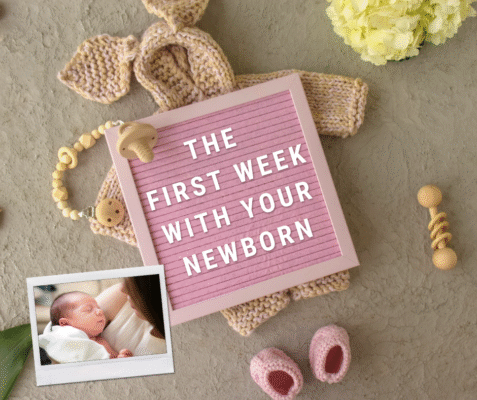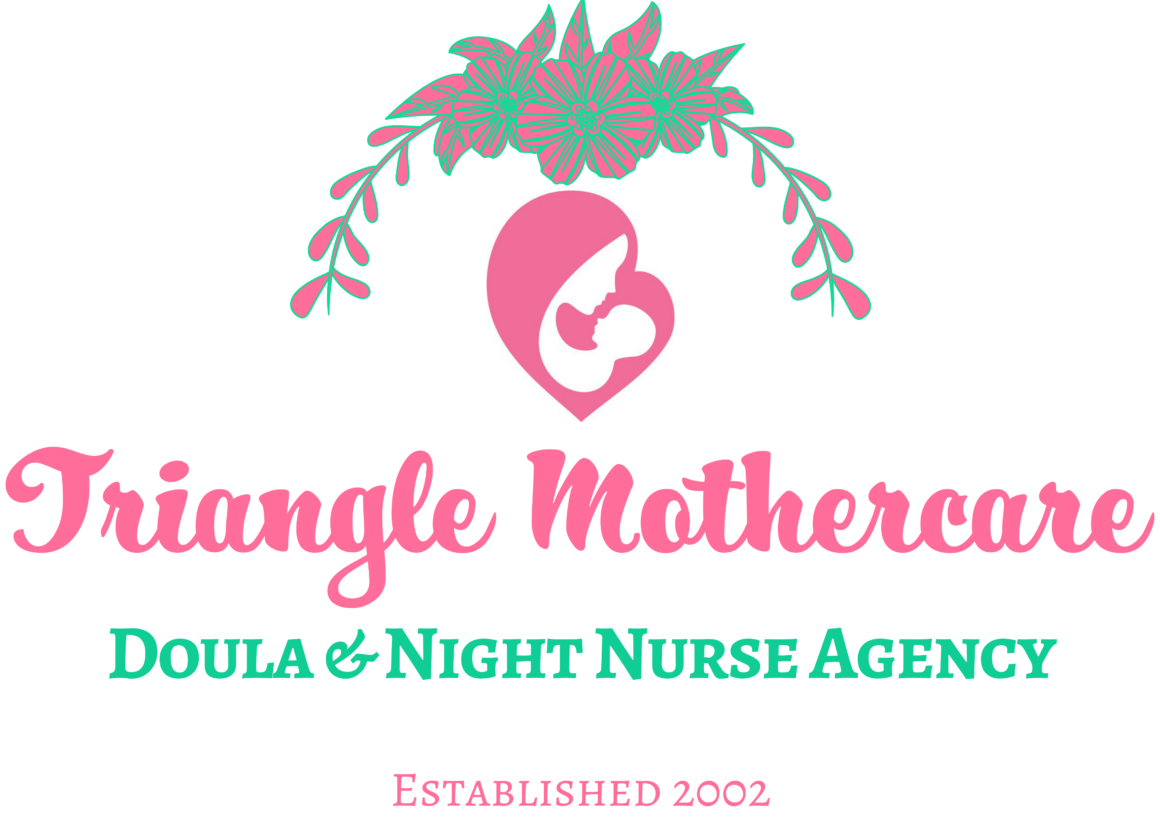Welcome to Week One.

Bringing your baby home is a big, beautiful moment—but no one talks enough about how disorienting the first week can feel.
You're healing, your baby is adjusting to life outside the womb, and suddenly you're in charge of this tiny human who eats, sleeps, and cries on repeat. If you're feeling overwhelmed, uncertain, or teary—you’re not alone.
Let’s walk through what the first week often looks like—and how to care for yourself while you care for your baby.
Feeding Is Frequent—and That’s a Good Thing
Newborns have tiny stomachs and need to feed often—typically every 2 to 3 hours around the clock. That adds up to about 8–12 feedings in 24 hours. Whether you’re breastfeeding, bottle-feeding, or combo feeding, expect lots of cluster feeding, especially at night.
What’s normal:
-
Short feeds at first, gradually getting longer
-
Baby seeming hungry often
-
Sore nipples or learning curve with latch (if breastfeeding)
What’s not:
-
Baby refusing to eat repeatedly
-
Fewer than 6 wet diapers by day 5
-
Signs of dehydration (dry mouth, sunken soft spot, dark urine)
Diapers Are Your New Hobby
Yes, you will talk about poop now—often. Newborn stool evolves quickly:
-
Days 1–2: Sticky, black meconium
-
Days 3–4: Greenish-brown transitional poop
-
By Day 5: Mustard yellow if breastfed, tan or yellow if formula-fed
You should see:
-
1 wet diaper on day 1, 2 on day 2, and so on
-
6–8 wet diapers a day by the end of the first week
-
Poop frequency can vary—but several per day is typical at first
Sleep Comes in Small Doses
Newborns sleep a lot—usually 16 to 18 hours a day—but not for long stretches. Their circadian rhythm isn’t developed yet, so they sleep in short bursts, day and night.
What’s normal:
-
2–4 hour stretches
-
Noisy sleep (grunting, snuffling)
-
Needing help to fall or stay asleep
What helps:
-
Skin-to-skin contact
-
Swaddling
-
Keeping nighttime interactions quiet and calm
Everything Is New—For Both of You
The first week is about learning. How to hold your baby, feed them, soothe them, and understand their cues. It might feel clumsy or overwhelming, but that’s normal. You’re building a brand-new relationship.
Emotionally, It’s a Rollercoaster
Postpartum hormones drop significantly after birth. Combine that with exhaustion, recovery, and the magnitude of new parenthood—and you may find yourself feeling teary, irritable, anxious, or even detached.
The “baby blues” are common and usually ease after 1–2 weeks. But if you’re feeling persistently sad, hopeless, or overwhelmed, reach out to your provider—you may be experiencing postpartum depression or anxiety, which is common and treatable.
Support Makes a Difference
You weren’t meant to do this alone. If you’re feeling unsure, exhausted, or just need another adult to help you navigate the early days, postpartum support (from Doulas, Night Nurses, Lactation Consultants, or a trusted loved one) can make a world of difference.
If you decide to reach out for support, give us a call 919-225-2493 or send us an email—Triangle Mothercare is the original, trusted name in postpartum care in the Triangle area.
